Culturing Creativity: Collaboration
On this culturing creativity episode, we explored the benefits of cowriting, and discussed our experience as coauthors. We talked about the challenges involved, and how we overcome them.
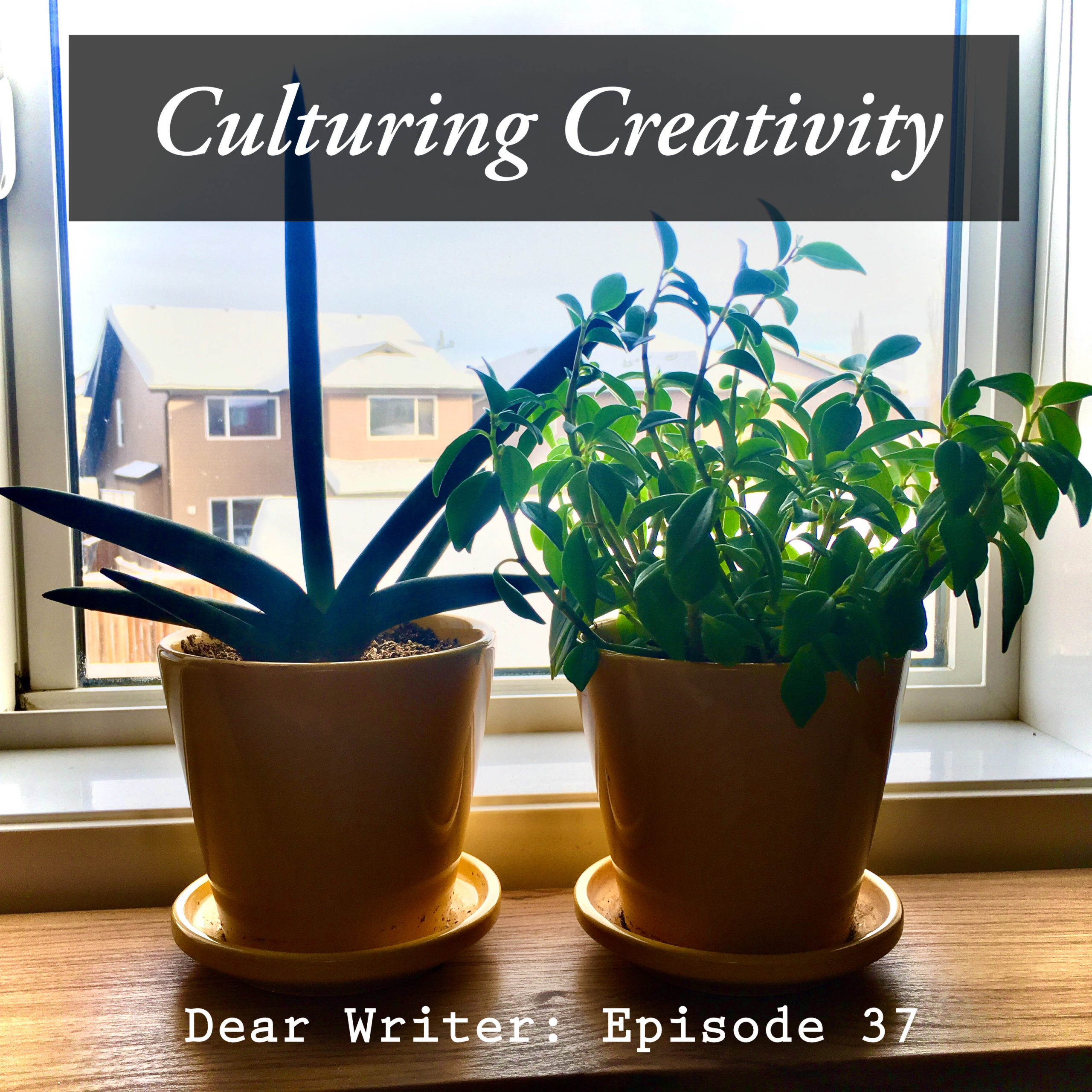
Episode Summary
– Our topic for this culturing creativity episode was collaboration, and we started the episode by talking about possible barriers to collaboration. Sarah mentioned several: the fear of sharing work before it’s ‘complete’; a fear of not having control over the direction of the book, and; the process being daunting for those who are unprepared. Ashley largely agreed with these points, but she added that, though great communicators of the written word, writers are not always so good when it comes to in person communication. At first glance, collaborating doesn’t seem a natural fit for writers, but there are many benefits.
– On that note, we began discussing what these benefits are. Sarah discussed constant feedback, and shortening the ‘feedback loop’. She compared the lengths of feedback loops of different creative disciplines, such as learning a song on an instrument, which is a fairly short feedback loop compared to writing a novel—generally a very long feedback loop. Collaborating has shortened this loop and allowed us to improve faster. She also talked about motivation driven by quality—if one collaborator improves, the other often attempts to match this new development. There was a bit of amusement had when we realized we’d both been consciously attempting to improve our descriptive writing, each thinking the other was making vast improvements and driving us to try even harder. Ashley added to this motivation driven by accountability. When one of us is waiting for the chapter in order to continue with their part of the writing, it drives the other to finish their own chapter. Ashley also talked about the learning opportunities considering each partner has different strengths and weaknesses, and the benefit of having two minds brainstorming original ideas to improve the plot.
– Our next focus point was drawbacks of collaborating. Sarah mentioned that she perceived the drawbacks to be very similar to what she imagined the barriers to be, so she did not attempt to answer this question in depth. However, she did discuss some disagreements and tense moments. You have to allow for weaknesses as well as strengths, and not immediately take away an opportunity for your writing partner to learn by thinking you can do one scene better. We discussed the system we use for solving these types of issues. Ashley talked about pressure being both a good and a bad thing, and that it can sometimes cause anxiety. Considering this, there is a need to be sensitive to your collaborative partner’s other responsibilities and time constraints.
– As collaboration involves people, we thought it would be good to follow on by talking about how people can also inspire creativity. Ashley talked about how using people as a sounding board can be very helpful in developing plot events, and how understanding other people is important for developing believable characters. Sarah discussed how it can be beneficial to collaborate with others as it not only helps you understand other people but also aids you in developing your own self-awareness, which is crucial in being able to define similarities and differences in your character’s mind. Also, by working with other people you realize the paradox of human nature: Every person’s experience and the specificity of the way act and react to situations is unique, but the basic truth behind those actions is fairly universal, which is a great way to build both an interesting character, but relate it to your readers.
– Lastly, we talked about collaboration tools. As an example of how differently two minds can interpret a single question, Ashley took to this by discussing ways you can interact with other writers and people—through writing groups, zoom, Instagram, and even simply chatting to friends and colleagues. Sarah provided a short discussion on the use of goal setting, and how to use a specific framework (SMART, outlined below) to develop goals so that both collaborative partners know where they are headed.
S – Specific
M – Measurable
A – Attainable
R – Relevant
T – Time Bound









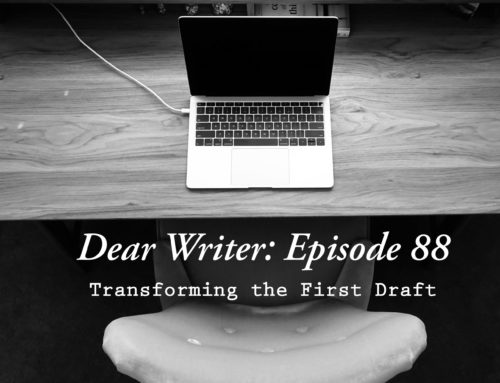


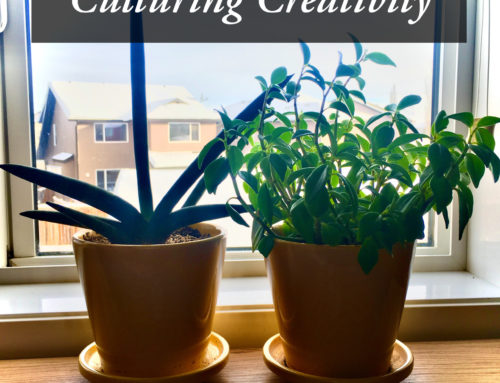




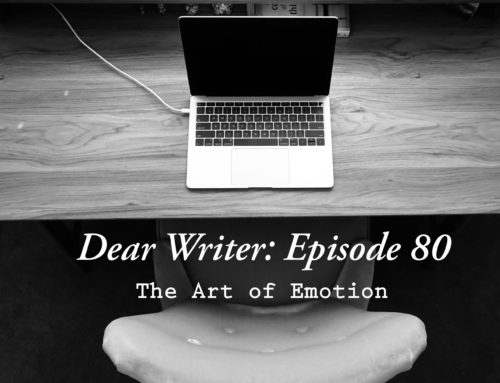


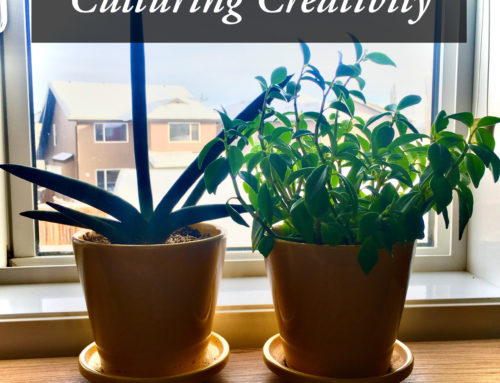
Leave A Comment